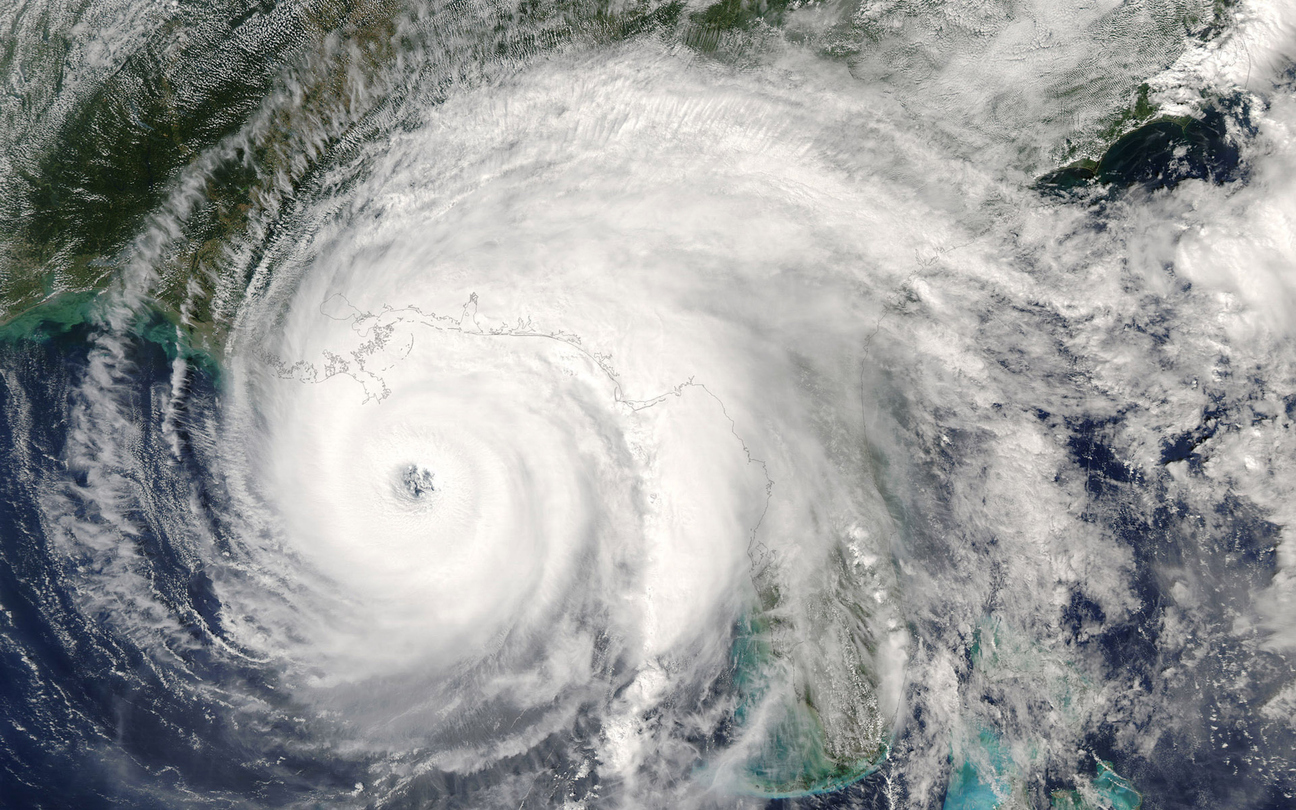
According to the Institute for Insurance Information, natural disasters have inflicted average losses of $79 billion over a ten year average. This startling figure demonstrates just how destructive a natural disaster can be, and such events are particularly dangerous when they affect waste treatment plants. This is because flooding can shut down operations entirely and drinking water can become contaminated. What can a water processing plant do to mitigate this risk? The impact of natural disasters on water treatment plants might be inevitable, but it can certainly be minimized with strategies such as the following four.
Drinking Water
One of the first concerns to emerge in a natural disaster is the shortage of drinking water. Water processing plants are essential to sanitizing water, and when a plant is impacted by a disaster, drinking water may quickly become unavailable. In severe cases, natural disasters affect drinking water, and it may even be recommended that civilians avoid all contact with tap water altogether. This is a major risk for water processing plants who may be held liable for the contamination of water. Water treatment insurance can cover incidents like this as well as damage inflicted by natural disasters.
Waste Management
Another risk that water processing plants face in the midst of a natural disaster is the inability to properly manage waste. Wastewater management is an imperative function of a water processing plant, and when a natural disaster interrupts a plant’s ability to function, this process can be interrupted, too. In order to mitigate the potential impact of this happening, water processing plants should devise a detailed disaster management plan that outlines protocol for managing waste in the midst of a natural disaster. Having a plan in place can help keep operations running even when a disaster has impaired typical functions.
General Operations
It’s important that the general operations of a wastewater plant be maintained as much as is safely possible in the midst of a natural disaster. Part of the aforementioned disaster management plan should include designation of important roles when a disaster strikes. Who is the point of contact for emergency situations, and who is responsible for maintaining plant operations? These questions should be answered clearly so that a plant is ready when a natural disaster strikes. Failure to maintain operations and designate leadership can result in major liabilities for a water processing plant.
Damage to Infrastructure
Finally, wastewater plants should be aware of infrastructural damage that can happen, too, during a natural disaster. Depending on the severity of the storm, a natural disaster can leave wastewater facilities completely destroyed, or it can cause minimal damage. Ultimately, the response of management is more important than the magnitude of the damage. Management who is prepared and ready to address a natural disaster will fare better than management who is unready — even if the latter has suffered less severe infrastructural damage.
About Watercolor Management
Watercolor Management has insured the water industry for over 30 years. Our policies include unlimited defense cost coverage in the event of a lawsuit against you. Call us at (855) 929-0824 or email info@watercolormanagement.com for a quick quote for your Water Business Professional, Products/Completed operations, Pollution and General Liability Insurance.




